We all know that meat consumption is an inefficient use of the world’s resources, but new statistics put this fact into new perspective. Using data and figures from Ourworldindata.org and the World Resources Institute, we demonstrate how agricultural land use could be dramatically reduced if we switched to plant-based diets.
—
Agriculture takes up around 50% of all habitable land, equal to roughly 50 million square kilometers. Another 37% is forest, shrubs and bushes take up 11%, and 1% is urban and built-up land, with a final percent of freshwater area.
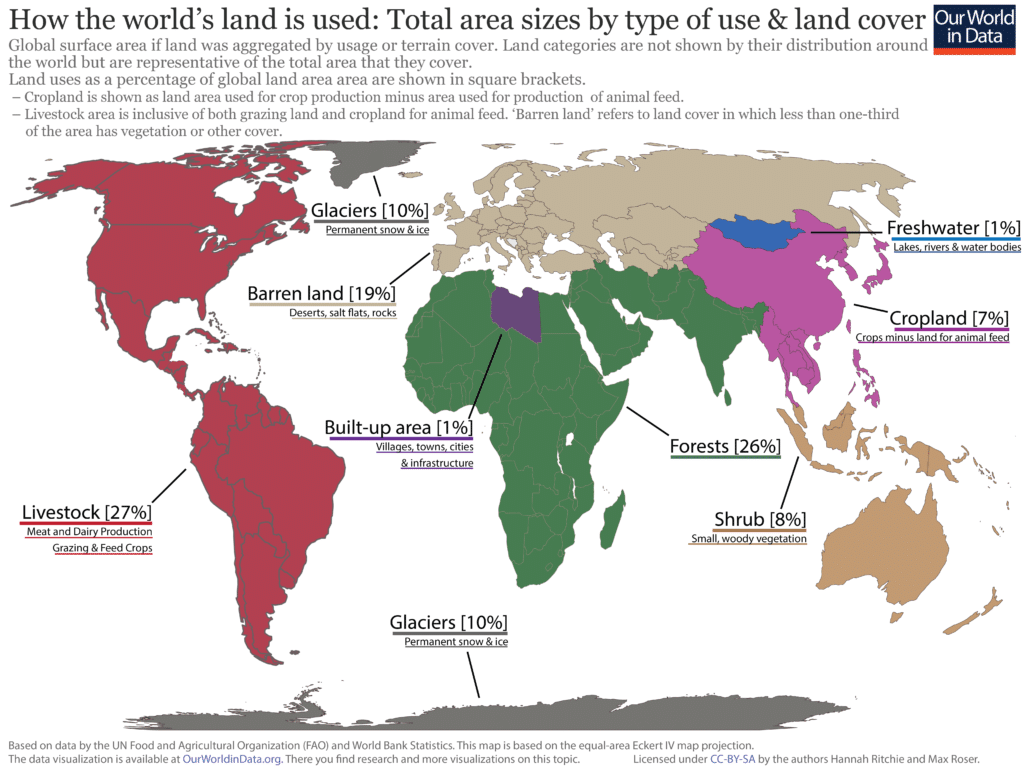
This raises a few problems. First, population growth predictions say we will reach around 10.9 billion by 2100, after which it is expected to slow down or even stop. Glossing over the fact that this implies a steep decline from the current rate (due to falling fertility rates), the question is: can we feed that many?
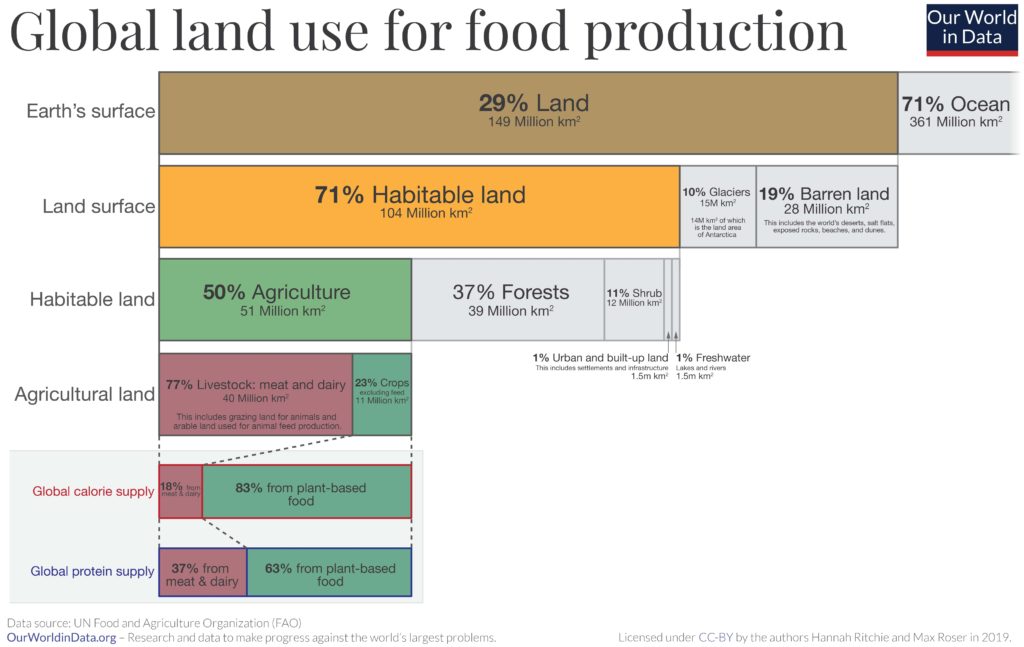
The simple answer is that we can. One glance at the infographic above finds the inefficiency of meat when looking at land use vs. calorie or even protein production. Does this mean we shouldn’t be eating meat? It is not the cause of famine or hunger in the world, and even if we did away with meat and produced all that extra plant-based food, it is more likely to be wasted than brought to those in need. Indeed, 30% of all food is wasted, easily enough to help the 1 in 9 who go hungry, and efforts like those of Too Good To Go are to be supported and applauded.
However, meat production does drive a massive amount of deforestation. According to the World Wildlife Fund, beef and soy drive more than two-thirds of the recorded habitat loss in Brazil’s Amazon, where the bulk of tropical rainforest loss occurs.
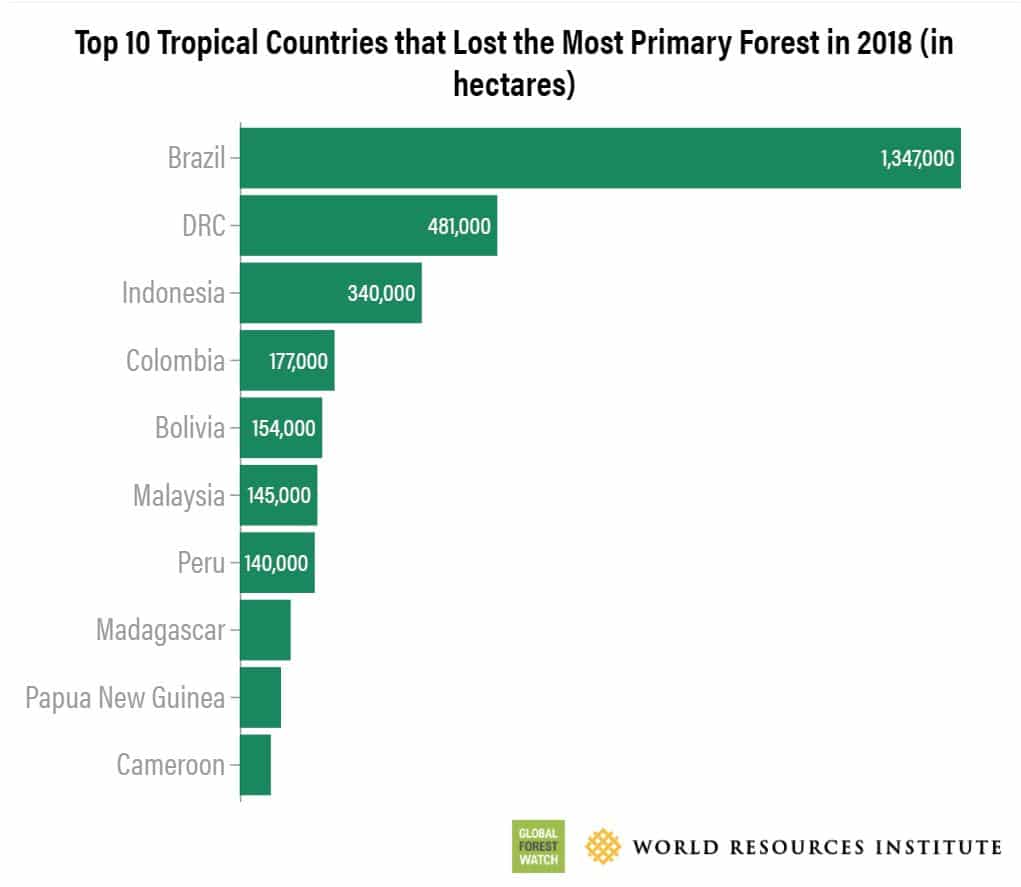
Eating less meat would also discourage poor treatment of animals, poor quality meat production that undermines our health but, most importantly, it would reduce our encroachment on the world’s dwindling wildland.
Why do we want that?
Firstly, ecosystems provide many services, from clean water and air, to defence against natural disasters. Second, we dramatically increase the chances of disease from animal reservoirs by increasing the interface between wild and human lands. Third, we massively increase the potential amount of food (calories and protein-wise) we can produce.
If we went all the way and abandoned meat altogether, switching to a plant-based diet, we would actually reduce agricultural land by three quarters.
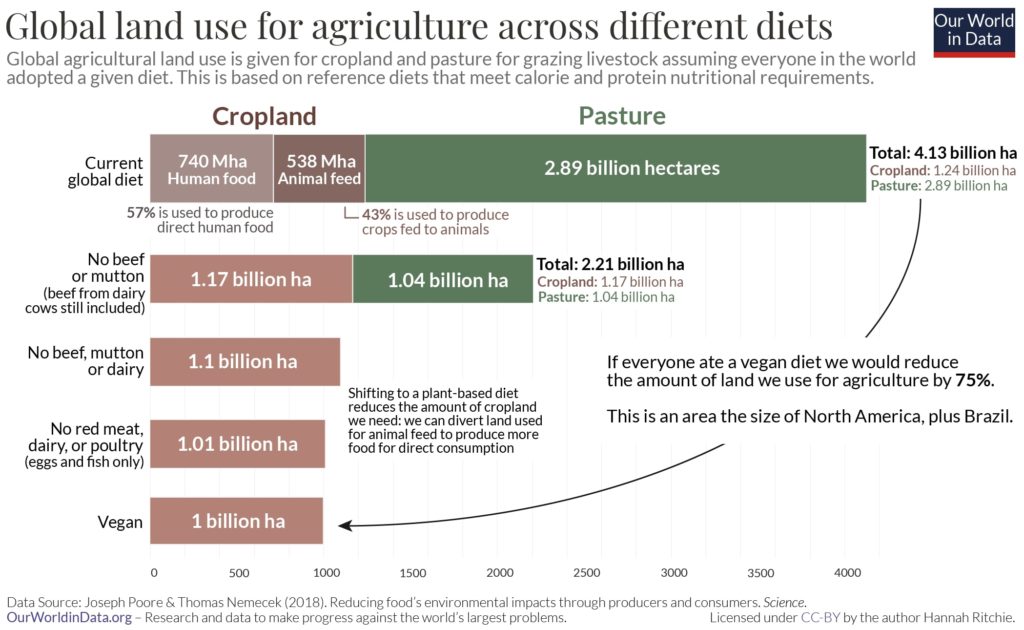
This is due to the amount of cropland, AND pasture that goes into animal rearing. It is safe to say that we’ve invested too much of the planet’s resources into such a superfluous commodity. Yes, it has cultural and nutritional values, but the price we pay is too high even if it doesn’t obviously appear so.
This article isn’t promoting plant-based diets as the solution, but it gives perspective on the issue. We should phase out our meat consumption or at least reduce it where we have the luxury to do so. This will pave the way for the necessary dietary changes that must take place over the next decades if we are to avoid serious consequences.
This article was written by Owen Mulhern.
You might also like: Plastic Eating Bacteria: A Viable Solution to the Plastic Problem?








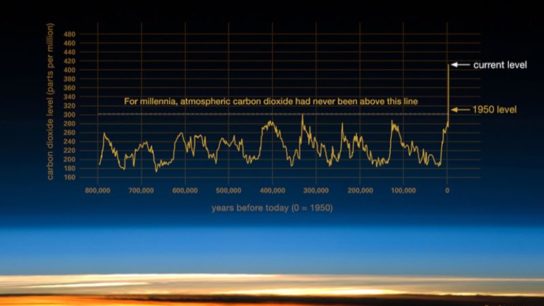
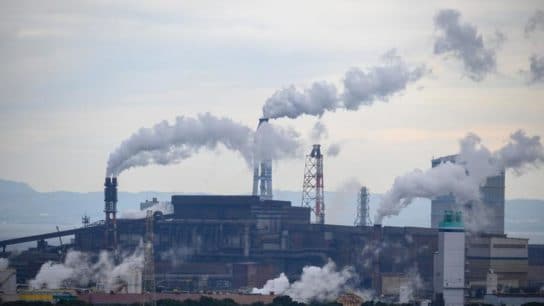
![The Statistics of Biodiversity Loss [2020 WWF Report]](https://u4d2z7k9.rocketcdn.me/wp-content/uploads/2020/12/lprwinkyTHB-544x306.jpg)





